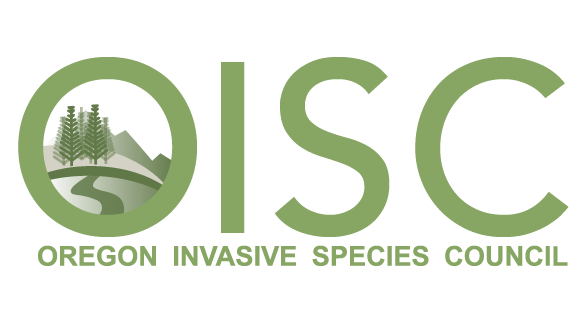In case you missed it, here is a quick recap of the most recent Oregon Invasive Species Council meeting held January 28, 2020 in Salem. We had 40 attendees representing 29 organizations. Representation included 6 State Agencies, 5 Federal Agencies, 2 Educational Institutions, 2 Tribes, and others including NGOs, advocacy groups, and individuals.
The meeting included introductions from new and existing Council members, a presentation from Council member Rian Hooff on the OISC’s past and present, updates from Catherine de Rivera (2020 OISC Chair), discussion on finalizing an election timeline & process, Chair & Vice Chair responsibilities, and updates to OISC’s Administrative Rules. Council member Sam Chan and Program Assistant at Oregon Sea Grant, Noelle Moen, gave an update on an opportunity to collaborate with the organizers of the 2021 World Athletics Championship in an effort to prevent the spread of invasive species. The international event will be attended by people from an estimated 190 countries.




